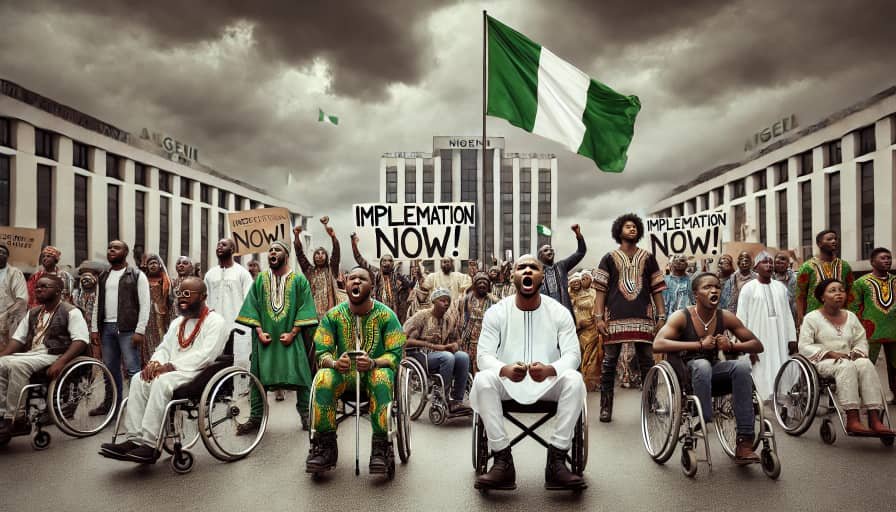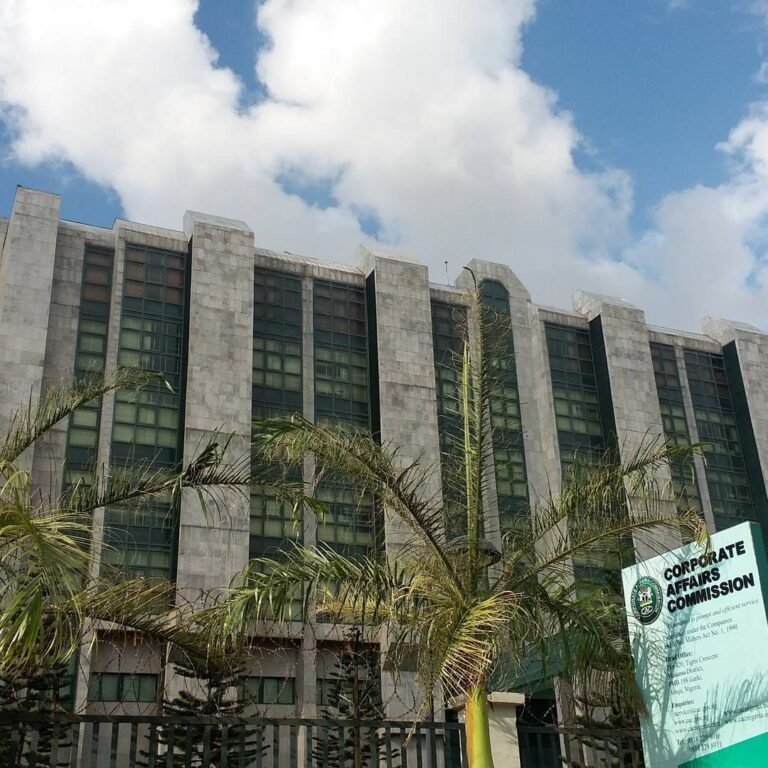Five years ago, Discrimination against Persons with Disabilities (Prohibition) Act became a law. Popularly called the Disability Act, its provisions promise to protect the rights of over 29 million people with disabilities (PWDs) in the country, granting them the rights to equal access to education, employment, healthcare, and infrastructure.
Unfortunately, despite its good intentions, the law has been poorly implemented, and its provisions consistently flouted. Having failed to deliver on its promises, PWDs face continued discrimination and marginalisation.
According to the National Bureau of Statistics, one out of every ten households in Nigeria has at least one person with a disability (PwD), accounting for 6 percent of the total population. PWDs demanded full integration in the areas of civil, political, and social rights, health, employment, and infrastructure accessibility.
A recent investigation revealed that many corporate institutions in Nigeria have discriminated against PWDs, violating several provisions of the Act. For instance, a newly-appointed representative of MTN Nigeria illegally revoked the cubicle of a registered agent with disability in Kwara state, taking away his source of livelihood. Kazeem Atitebi, a 36-year-old physically challenged man and the agent, lamented his agency was revoked after the representative inspected his kiosk and wondered how a physically challenged person would be working for MTN as an agent.
And for three years, a PwD customer was denied access to the banking hall due to the infrastructure inaccessibility at the Polaris Bank in Agodi, Oyo state, an investigation by the Nigeria Grassroot News reveals. Although the bank later apologized after the story was published, the actions violated the provisions of the Discrimination against Persons with Disabilities (Prohibition) Act.
According to Section 28 of the Disability Act, a person with a disability has the right to work on an equal basis with others which includes the right to opportunity to gain a living. At the same time, a person with a disability has the right to access the physical environment and buildings on an equal basis with others.
The Act mandates a public building to be constructed with necessary accessibility aids such as lifts, ramps and any other facility to make them accessible to and usable by a person with disabilities. Any defaulter commits an offence and shall be liable to pay a N500,000 minimum damages to the affected person.
While the Act requires all private and public buildings be designed to be accessible to PWDs, it gives companies five years after the law was enacted to make this effect. Unfortunately, as this timeline ends in 2024, many buildings in Nigeria still lack basic accessibility features such as ramps, elevators, and accessible restrooms.
Political Will, Policy Shift is the Only Way Forward
Failure to implement the Disability Act has far-reaching consequences for PWDs in Nigeria. Many are denied access to education, employment, and healthcare, externalising the cycle of poverty and exclusion.
Most events that led to the breach of the provisions of the Act faded away without the necessary actions being taken against the perpetrators as required by law. This shows there are systemic failures in implementing the Disability Act.
Ijeoma Fynecontry, an inclusion advocate and lawyer, says the Disability Act lacks “political will,” which prevents PwDs from achieving true social liberation. She stated the law primarily caters to persons with physical disabilities, neglecting the specific needs of those with intellectual disabilities like Down Syndrome.
“Those of us within the intellectual disability cluster, our interests were not really, really captured. That’s just the truth. If you take a critical look at that law. We are trying to push for an amendment,” Fynrcontry said.
Experts emphasise that to make Nigeria inclusive, the Disability Act must be more than just a piece of paper; it must be a powerful tool for social change. Only then can PWDs begin to enjoy the rights and freedoms that they deserve.
During a virtual meet-up with the 2024 Journalism for Liberty Fellows, Yinka Olaito, Executive Director of the Centre for Disability and Inclusion Africa, noted that if stakeholders do not work together to push for the implementation of Disability Law, marginalised voices will continue to be neutralised or silenced. He noted that everyone needs “to keep pushing until something happens.”
Olaito recommended the dismantlement of policies and push for implementation as the only messiah.
Toheeb Babalola is an award-winning inclusive journalist who focuses on investigative and solution-oriented stories. He’s a 2024 Journalism for Liberty Fellow, and his works have appeared in local and international media.













